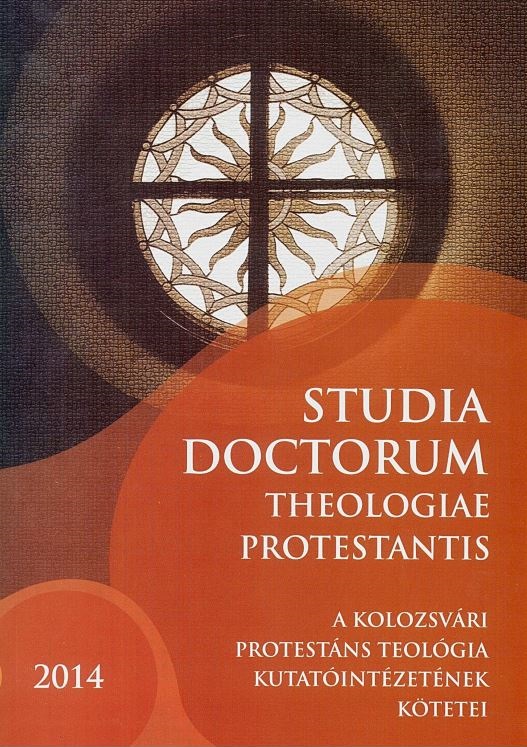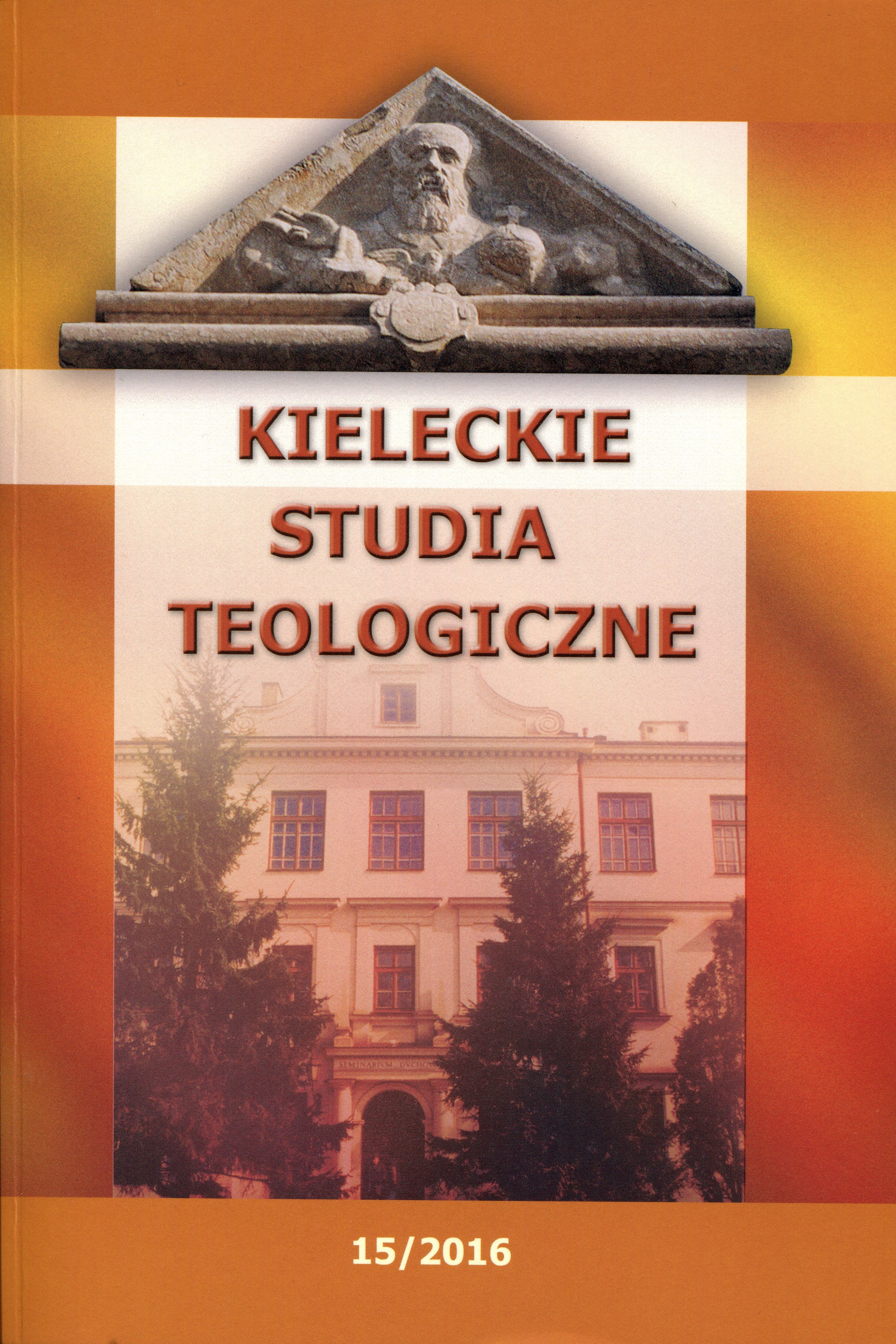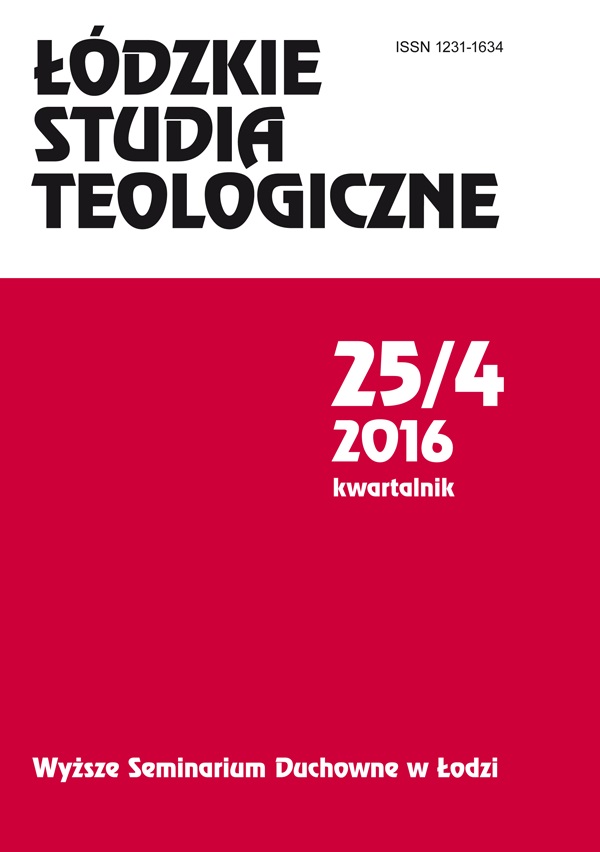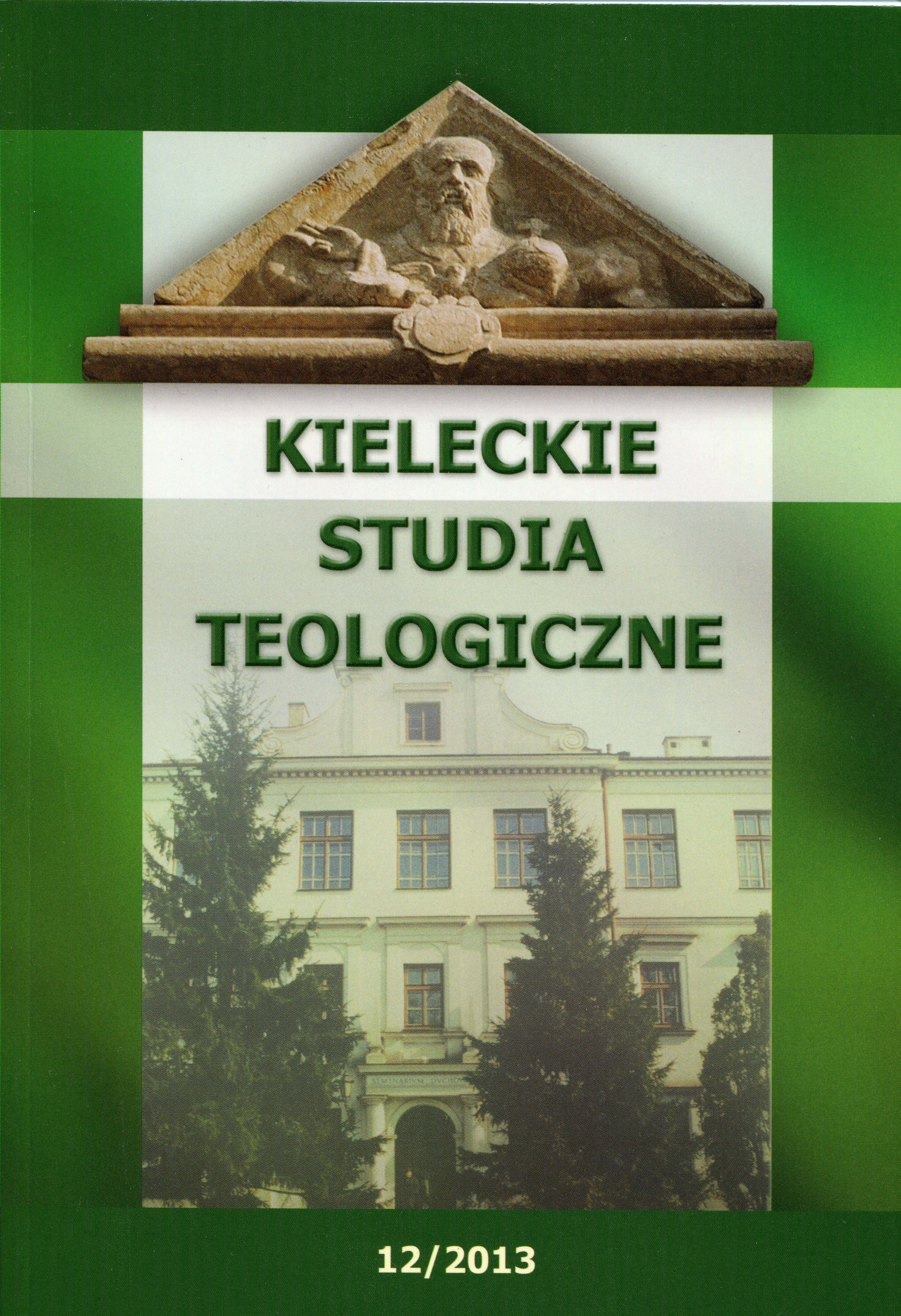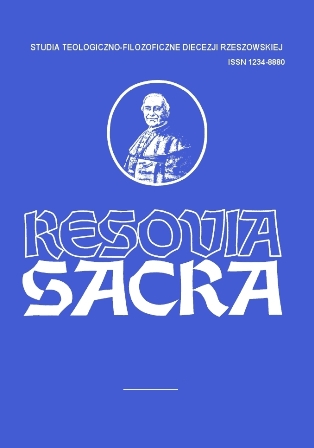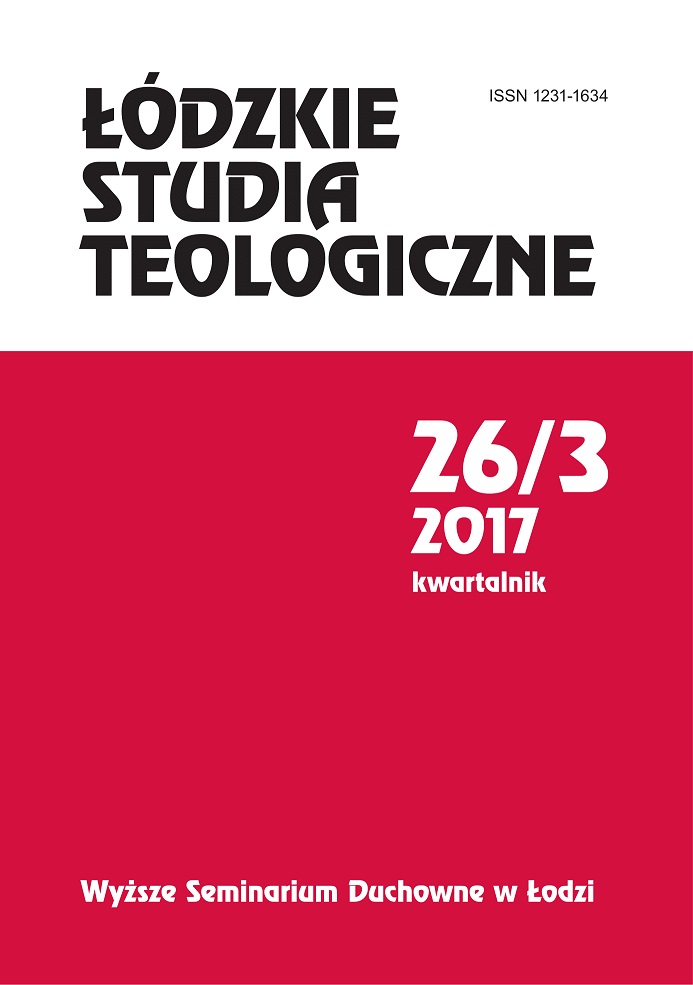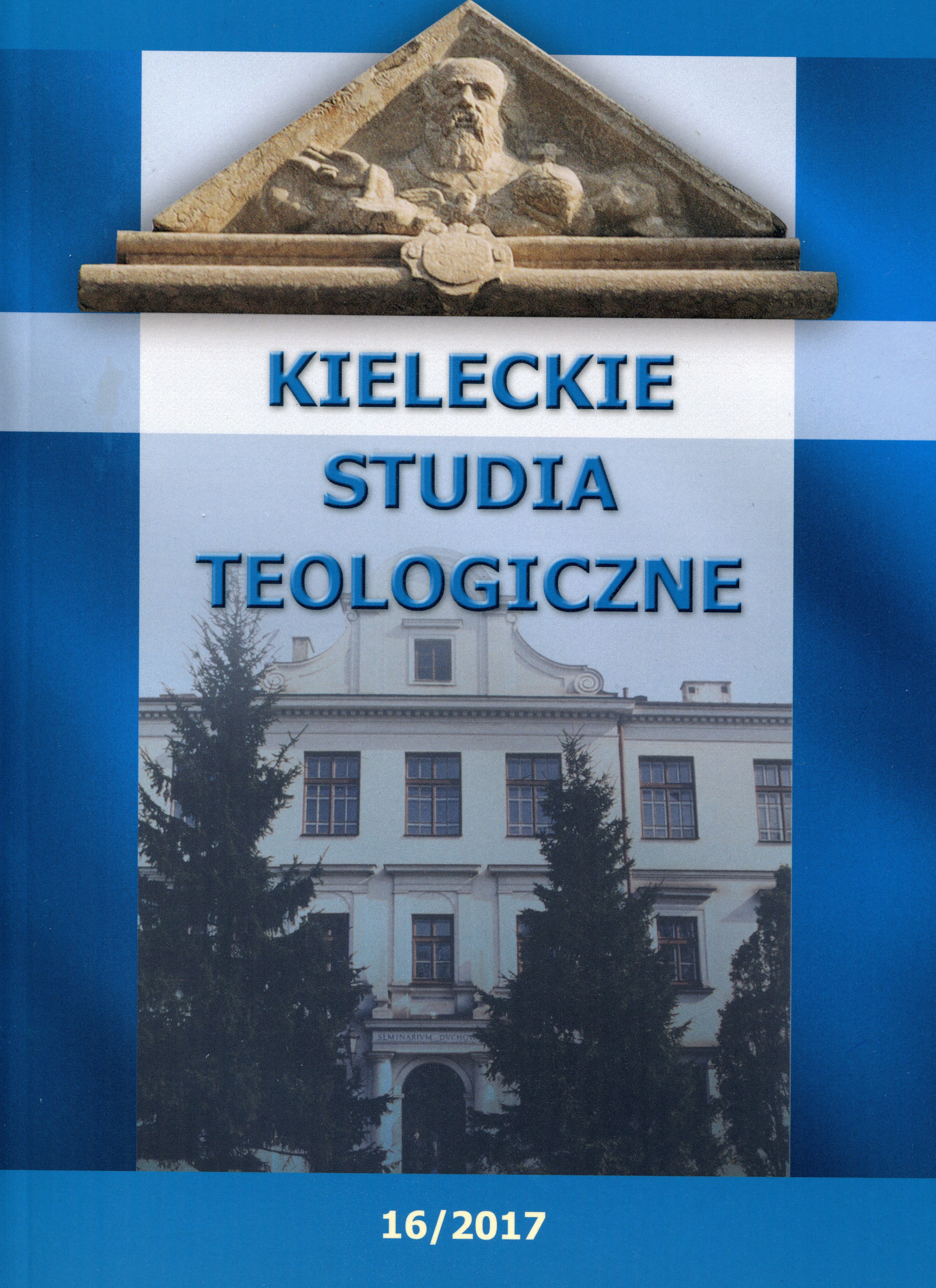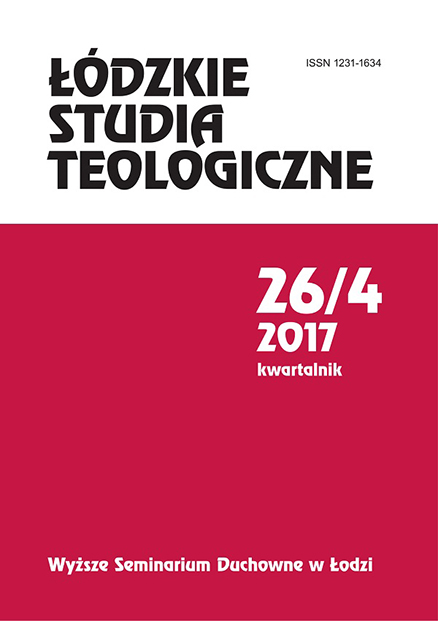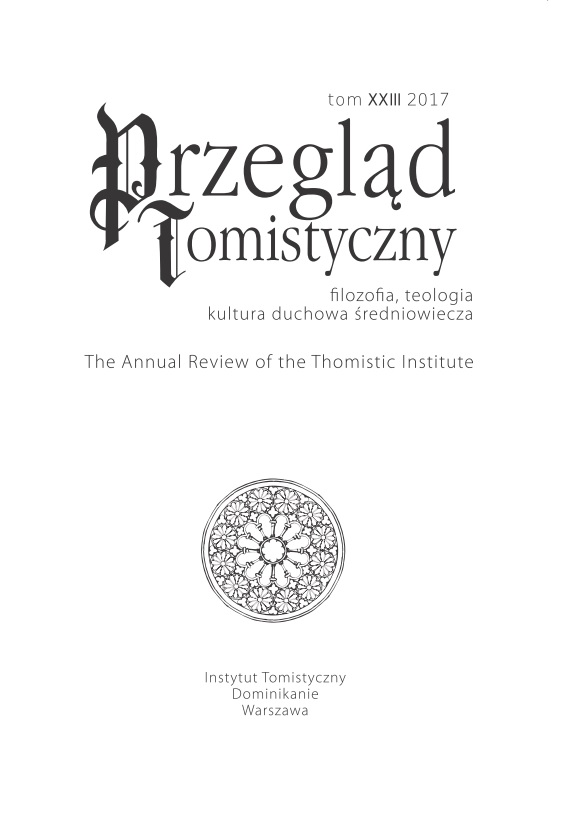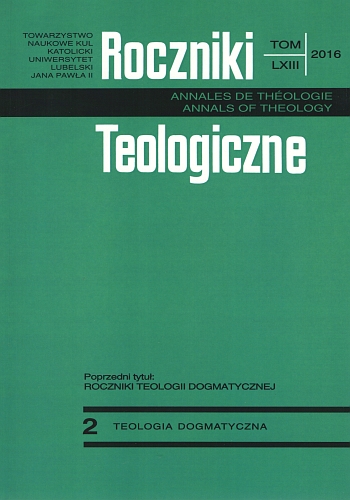
„Obcy” jako wyzwanie dla eklezjologii communio
In this paper, the author deals with the question of communion ecclesiology in the context of the current migration crisis in Europe. Contextual theology based on the correlation method tries to develop the understanding of the Church's essence and mission by using the ecclesiological model called communion and putting it in the contemporary social context. The notion of the `stranger' introduced by the sociologists into the public discourse seems to be very operative and useful category for ecclesiology as well. The first part of the article presents the phenomenon of the stranger in sociological perspective. The second part discusses Jesus as Sacrament of God in the encounter with strangers. The author analyses Jesus' words and his attitude to strangers and socially alienated people. The third part describes the Church as the sacrament of responsibility and open home for strangers and poor people. The Church can be also understood as the mother with a heart open especially to those who suffer from war and misery. In the final part of this paper the author presents some pastoral implications. He draws attention to the necessity to enhance the social aspect of Eucharist and to encourage the believers to create the `culture of solidarity' with refugees and strangers in need.
More...
